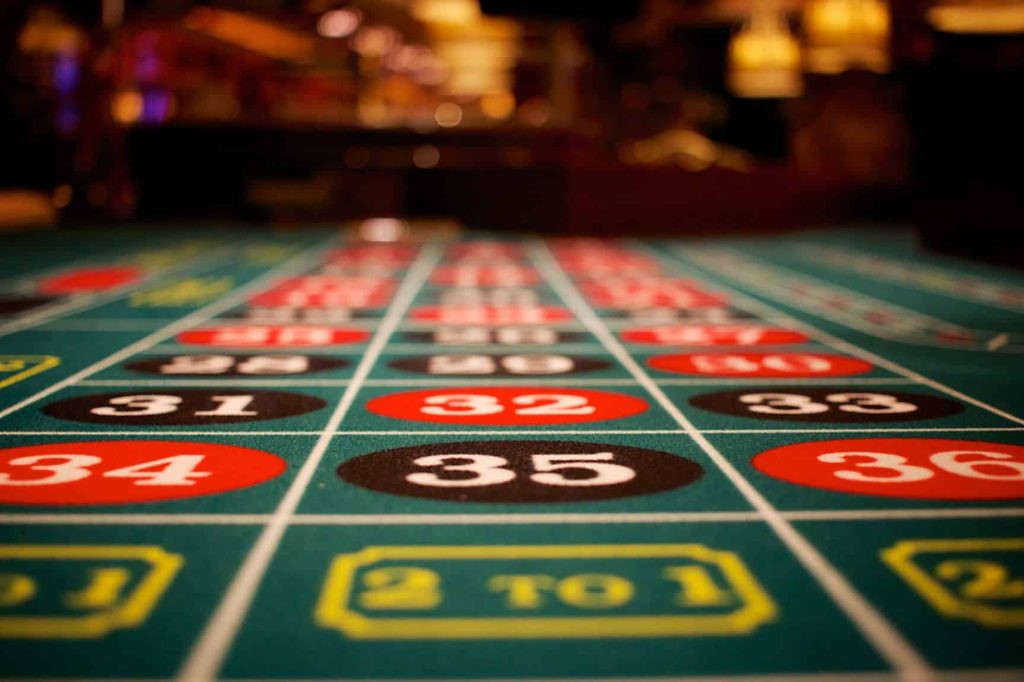Gaming has developed from a niche passion to a worldwide ethnic phenomenon, encompassing a diverse array of platforms, genres, and communities. The development of gaming units, from the early days of pixelated artwork to the cutting-edge systems of today, reflects the industry’s continuous quest for innovation. Consoles, PCs, and mobile phones are becoming gateways to virtual realms that captivate players with gorgeous pictures, elaborate storylines, and immersive gameplay experiences. The rise of esports has further elevated gaming in to a spectator sport, with professional people and structured tournaments drawing massive audiences, both on line and in bodily arenas.
Esports, particularly, has changed into a billion-dollar business, showcasing the competitive spirit inherent in gaming. Titles like Group of Legends, Dota 2, and Counter-Strike: International Bad order international readers, with focused supporter basics encouraging their favorite clubs and players. The blending of standard activities and gambling is visible in the formation of esports leagues and relationships between gaming organizations and key activities franchises.
The cultural aspect of gaming is really a defining characteristic of the culture. On the web multiplayer activities have produced virtual areas where participants from around the globe may join, collaborate, and compete. Gambling systems like Twitch have turned gambling into a questionnaire of amusement, with people live-streaming their gameplay and engaging with audiences in real-time. This conversation has blurred the lines between builders and people, fostering a sense of neighborhood and camaraderie.
Gaming’s impact extends beyond leisure, influencing numerous facets of popular culture. Heroes from video games are becoming ethnic symbols, and companies like Mario, Lara Croft, and Grasp Main are recognized globally. The storytelling ability of games has achieved cinematic heights, with stories that competitor those within films and literature. Games such as The Last of People, Red Dead Redemption 2, and Ultimate Fantasy collection are lauded due to their compelling storytelling and mental depth.
The industry’s embrace of emerging technologies, such as for instance electronic truth (VR) and enhanced fact (AR), has exposed new frontiers in gaming experiences. VR immerses people in lifelike environments, while AR overlays digital components onto actuality, producing interactive and modern gameplay. These systems promise to revolutionize the way in which players engage with and knowledge games.
Gaming’s influence on different fields, including education, psychological health, and technology, has become increasingly evident. Gamification has been employed to produce learning more interesting, and critical games undertake real-world dilemmas while giving entertainment. Studies also examine the beneficial advantages of gambling, with some activities made to ease stress, improve cognitive operates, and foster cultural connections.
The gaming industry’s cultural duty is under scrutiny, particularly regarding 2up dilemmas such as for example inclusivity, diversity, and representation. Initiatives are being built to generate more inclusive spots within the gaming neighborhood, handling gender and cultural diversity. Designers are becoming more aware of the impact their games have on society and are actively functioning to create more diverse and consultant content.

As the gambling industry continues to evolve, it faces issues such as for example moral criteria, sustainability, and the total amount between immersive experiences and the well-being of players. Nevertheless, the cultural significance and financial affect of gaming can’t be denied. It has turned into a active and multifaceted kingdom, surrounding how persons join, eat entertainment, and interact with technology. As the industry navigates these issues, gambling remains a strong power that bridges the electronic and true sides, shaping the way we perform, connect, and knowledge stories.
